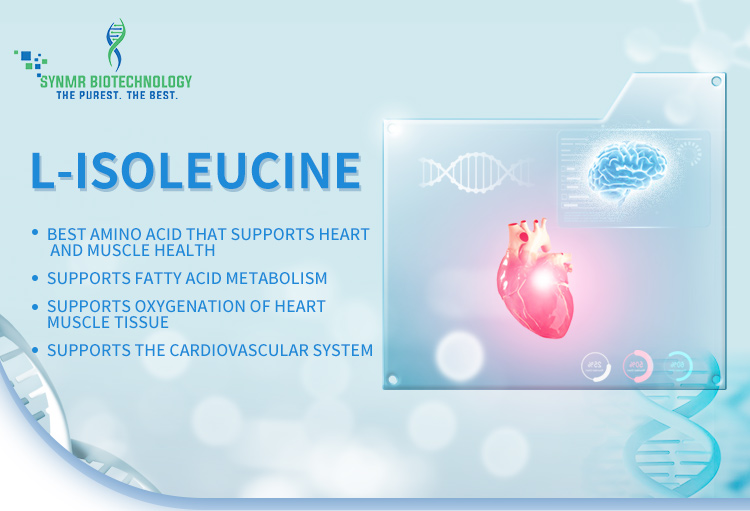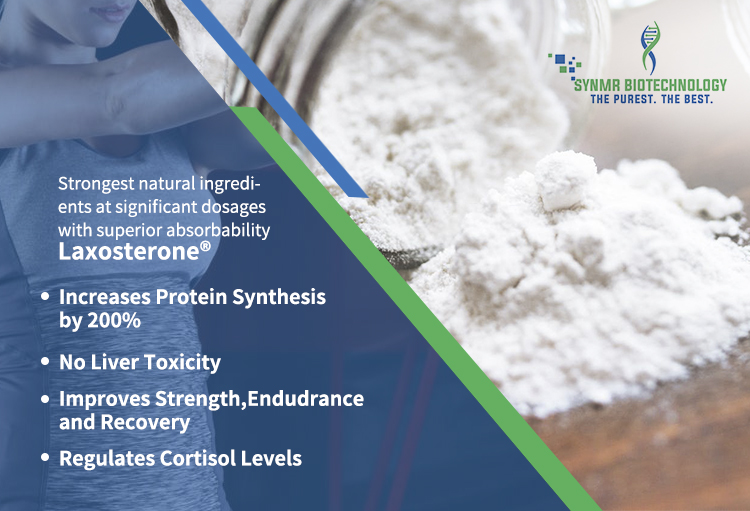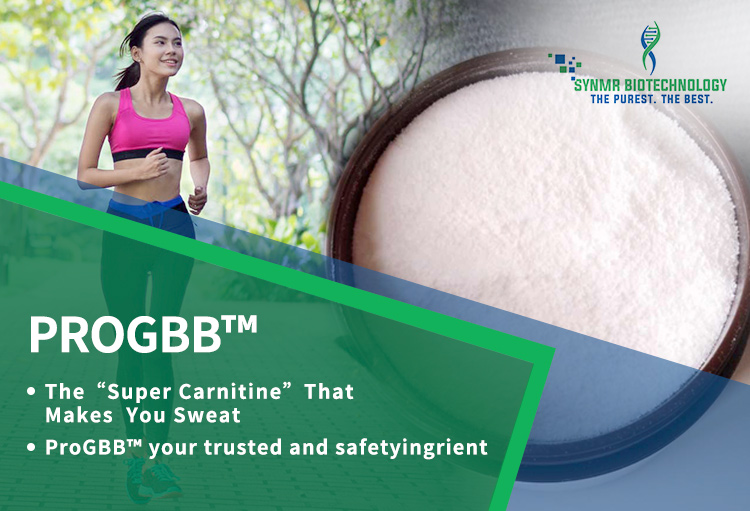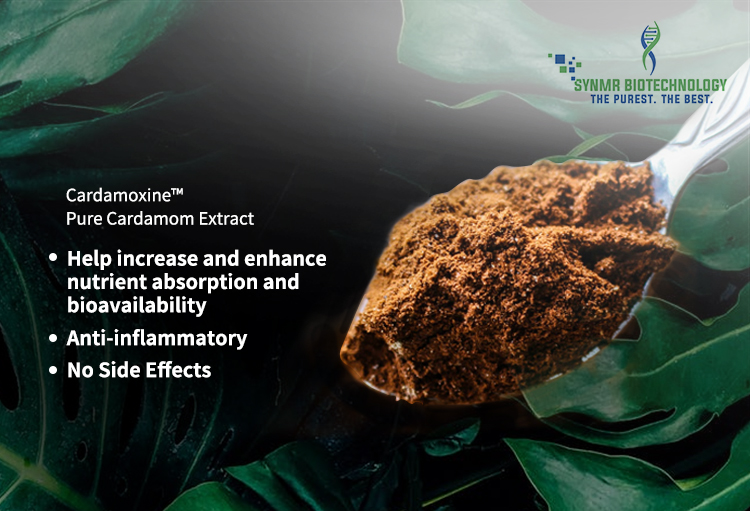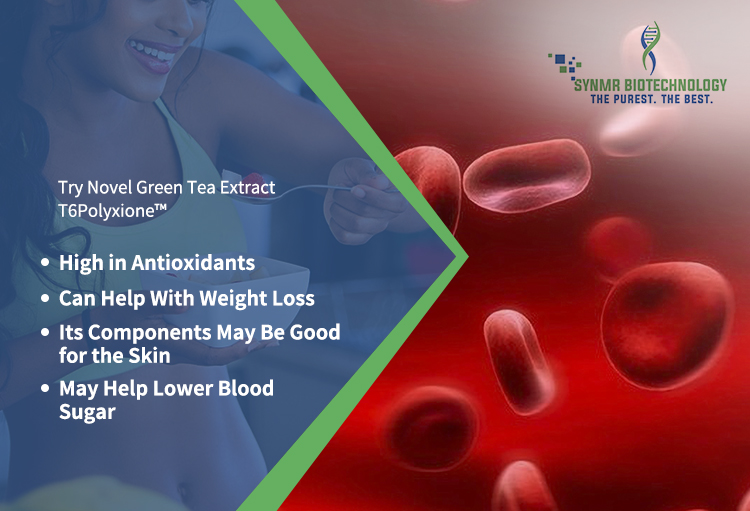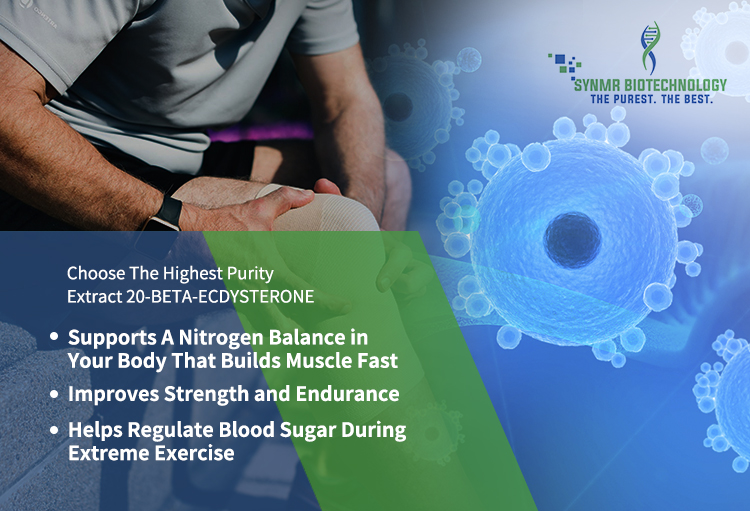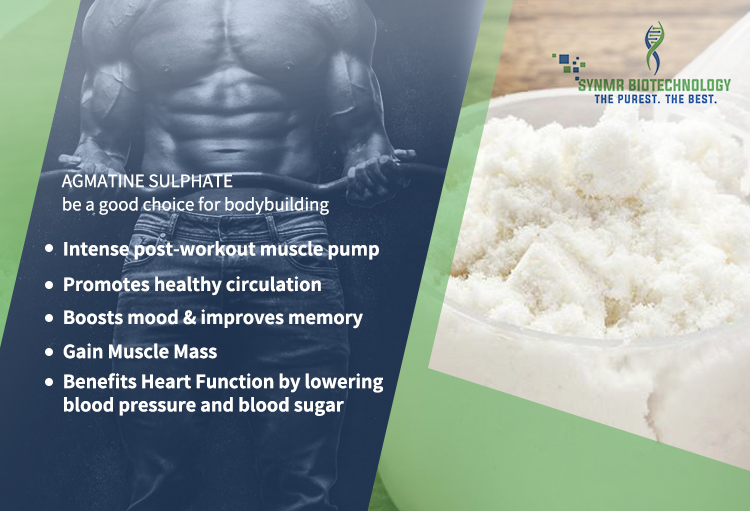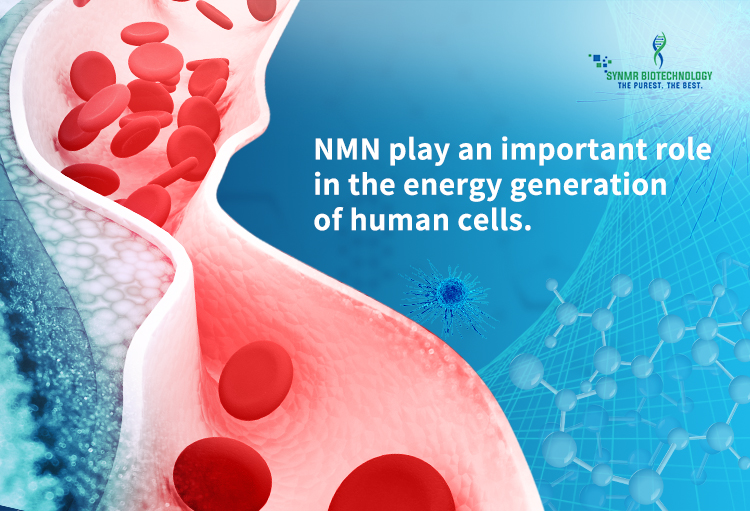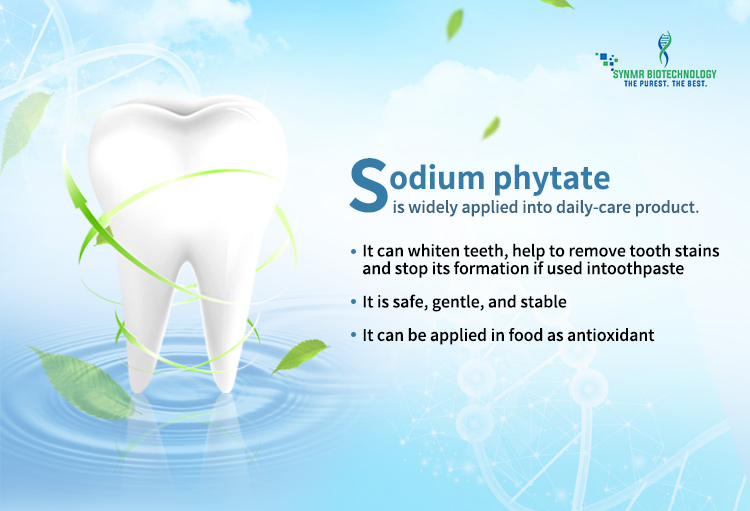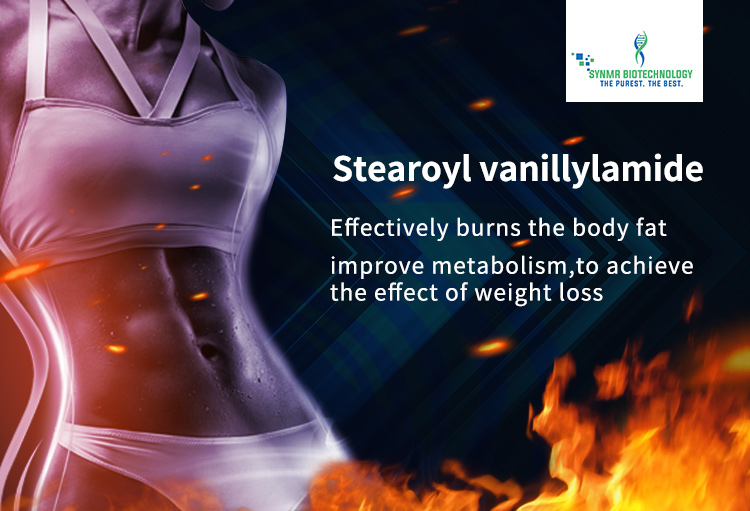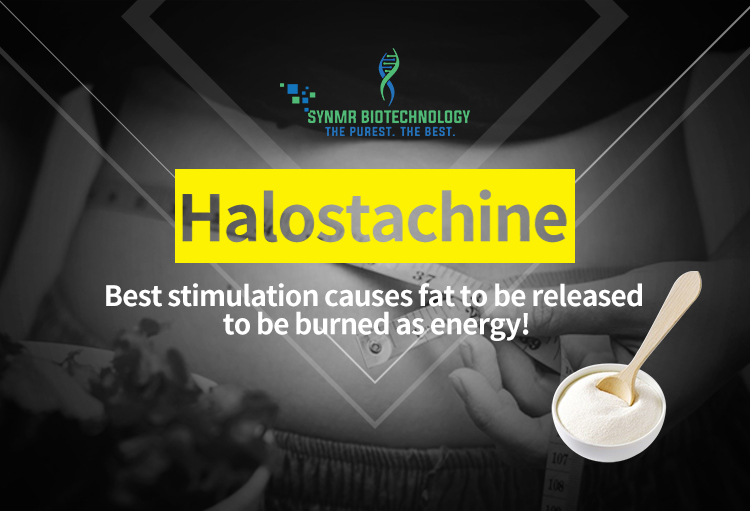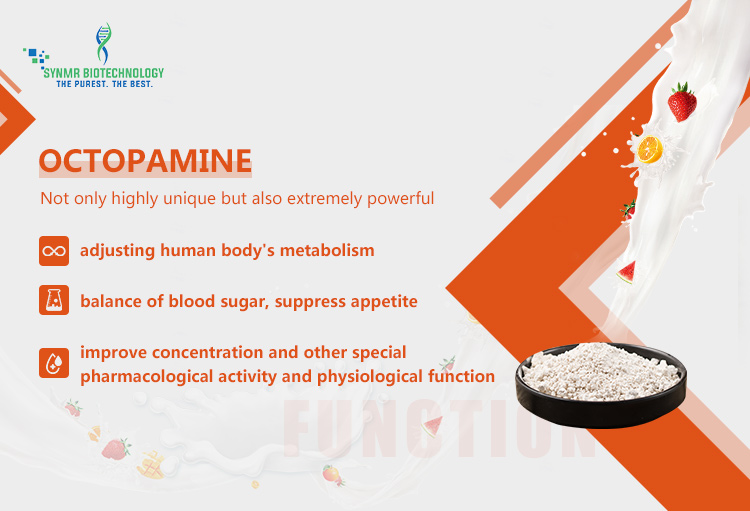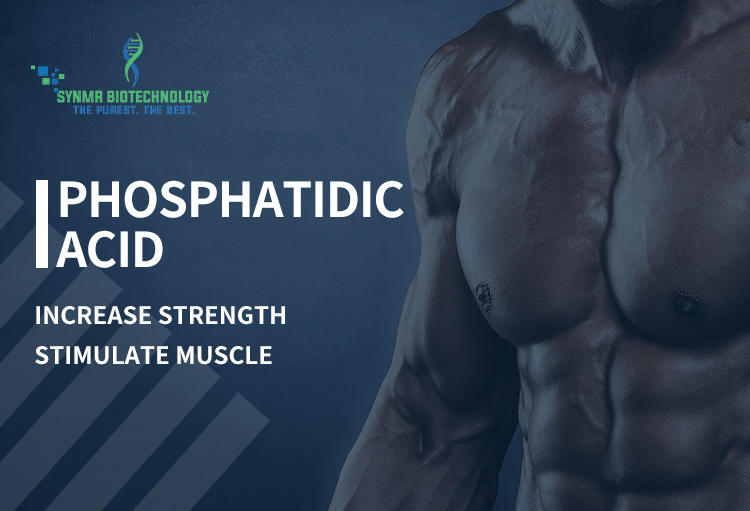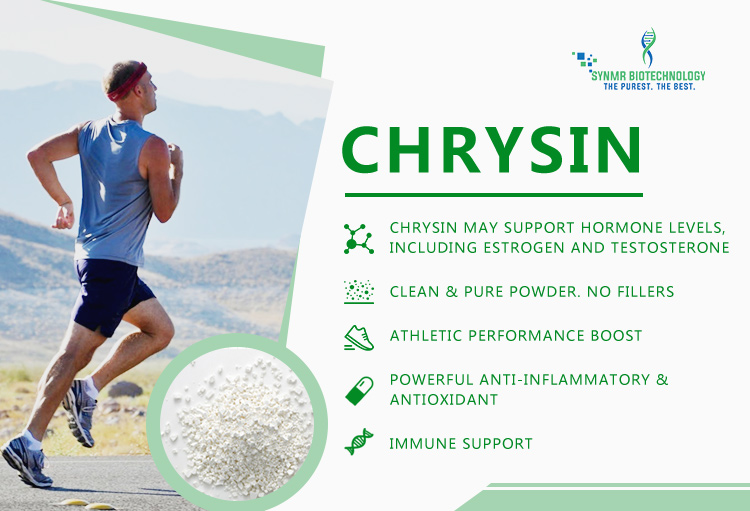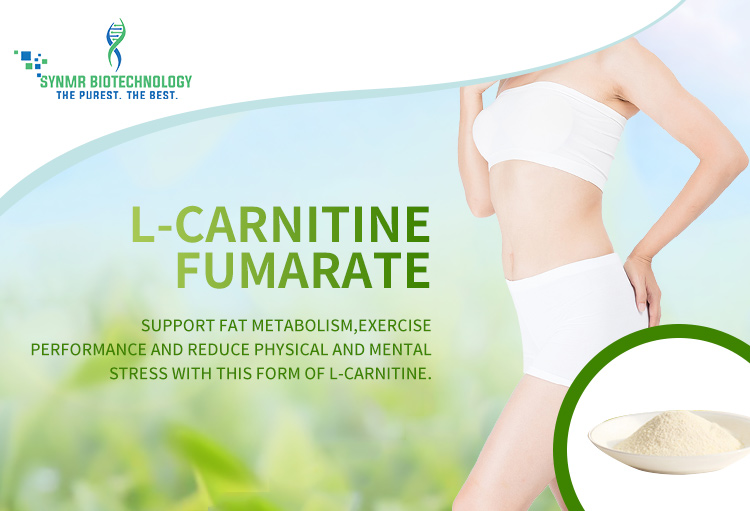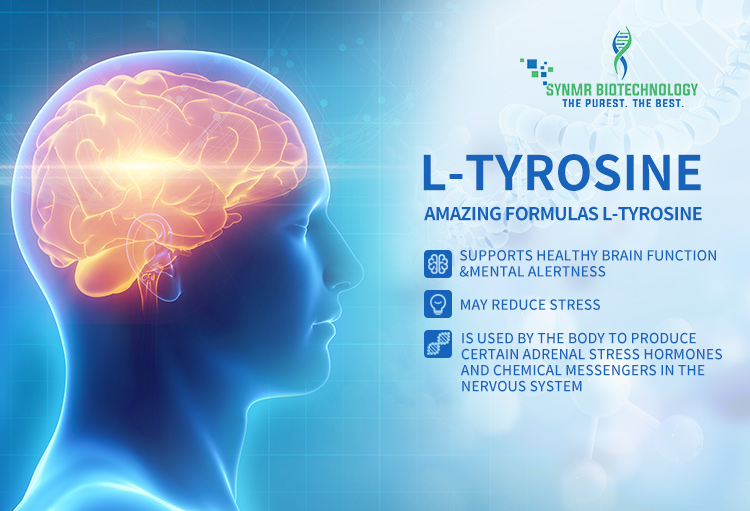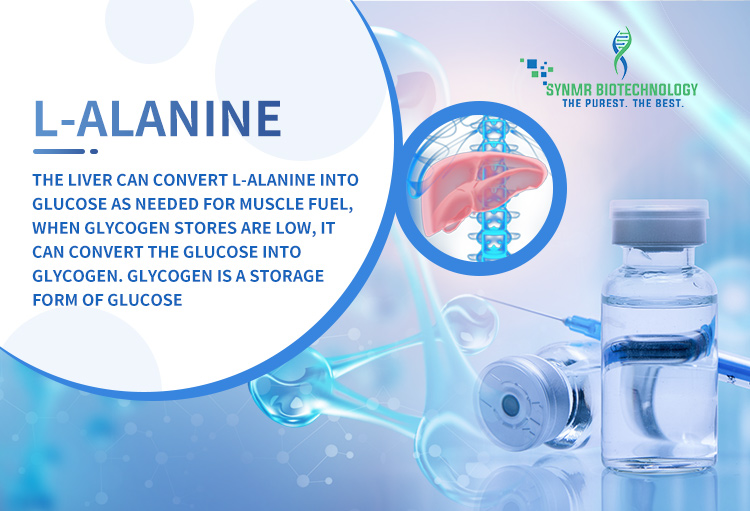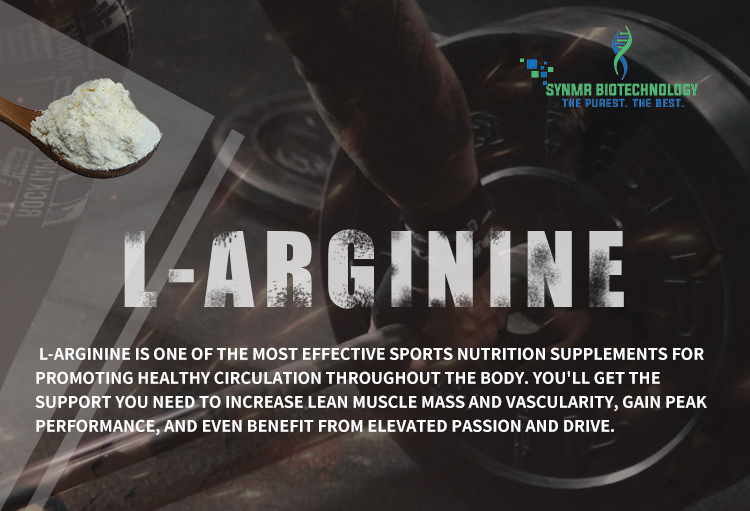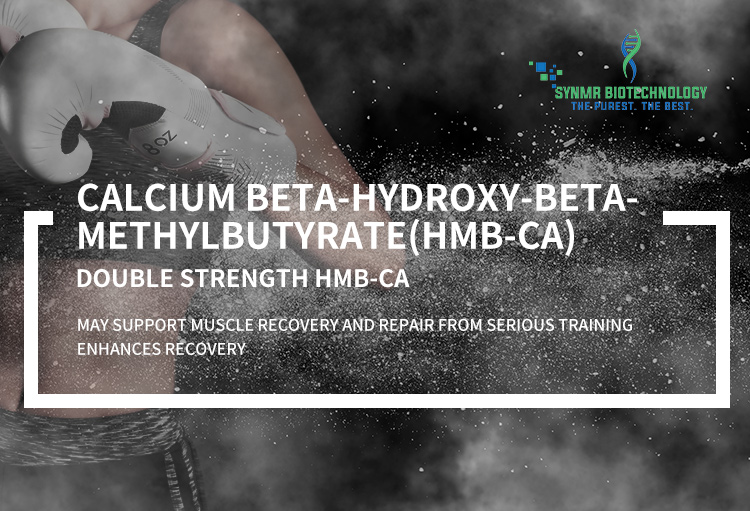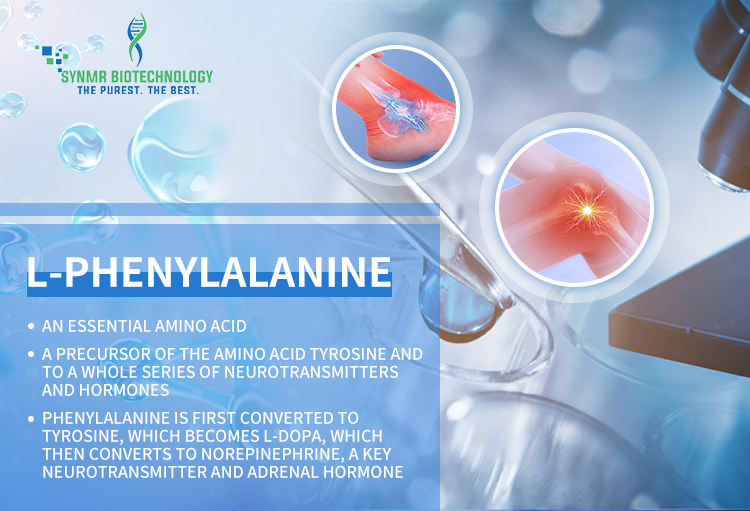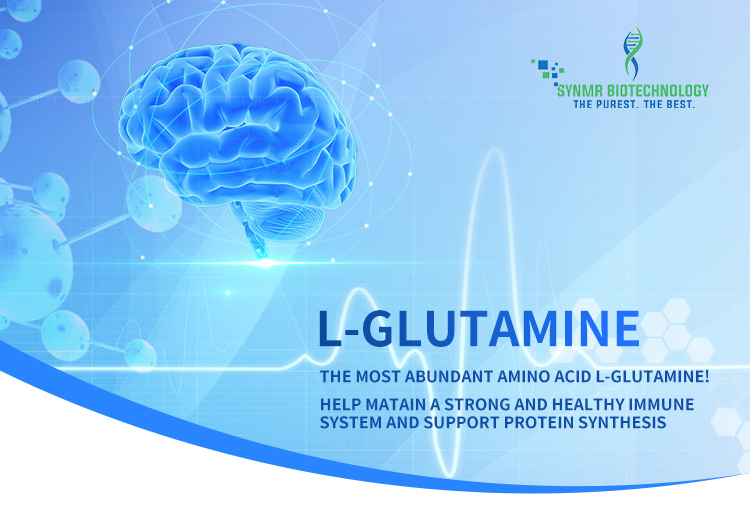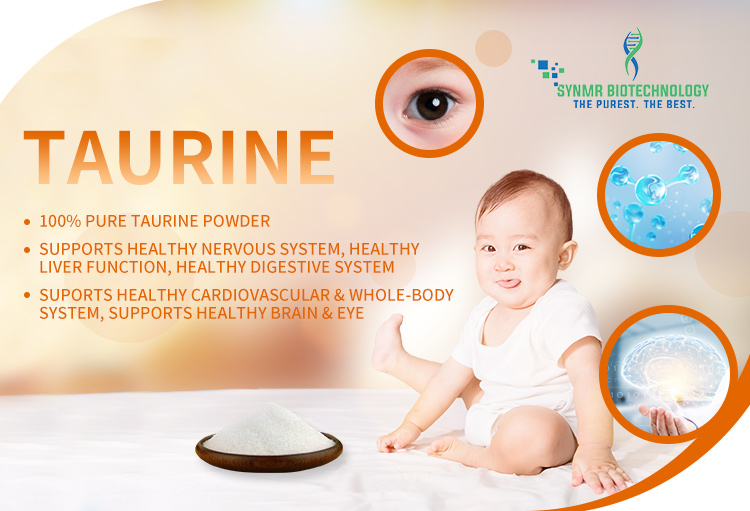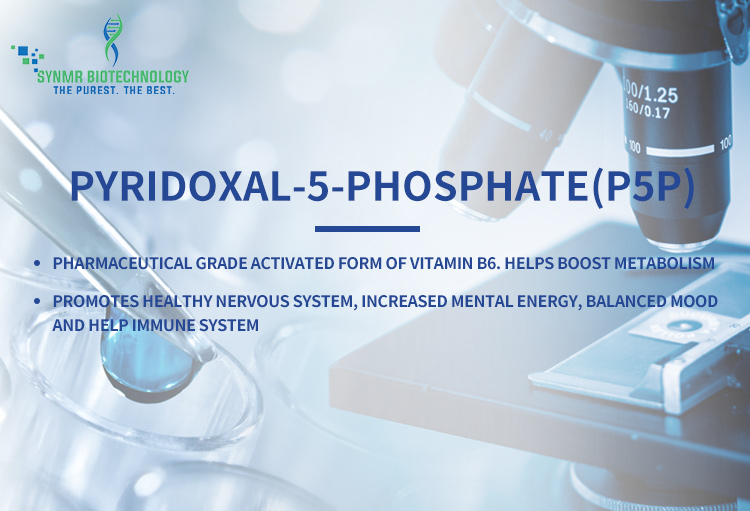What is Isoleucine?
Isoleucine is one of the three branched chain amino acids alongside both leucine and valine. Relative to the other two BCAAs, isoleucine is intermediate for its ability to induce muscle protein synthesis (stronger than valine, but much weaker than leucine) but is able to significantly increase glucose uptake and the usage of glucose during exercise. Isoleucine does not promote glycogen synthesis, however.
Via a PI3K/aPKC dependent mechanism (which is notable since this is neither mediated by the more common AMPK mechanism seen with supplements like berberine nor muscle contraction-mediated uptake) isoleucine can increase glucose uptake into a muscle cell. Leucine also appears to have this ability, but due to leucine stimulating a protein known as S6K (required for protein synthesis) leucine reduces its own efficacy by hindering insulin-stimulated uptake. In other words, while isoleucine and leucine both stimulate glucose uptake leucine then shoots itself in the foot and hinders itself while isoleucine just acts in a predictable and linear manner.
Although extensive human testing has not been conducted yet, isoleucine can be seen as the BCAA which mediates glucose uptake (into a cell) and breakdown (into energy) to a larger degree than other amino acids and may serve a role as a hypoglycemic (in diabetics) or as a performance enhancer (if taken preworkout in a carbohydrate replete state).
How to Take?
Recommended dosage, active amounts, other details
Isoleucine, practically speaking, is likely only a good supplement to purchase when wanting to increase glucose uptake; it is outperformed by leucine for inducing muscle protein synthesis and outperformed by HMB for reducing muscle protein breakdown, yet outperforms both of those agents and valine in increasing glucose uptake into skeletal muscle.
As efficacy has been noted with 0.3-0.45g in rats (the latter being the maximal dose, increasing beyond that does nothing more due to no further absorption) a recommended dosage range for isoleucine per se is 48-72mg (for a 150lb person, 3.3-4.9g).
Isoleucine can be found in branched chain amino acids (in which case, the ratio listed on the label should be investigated and the BC


